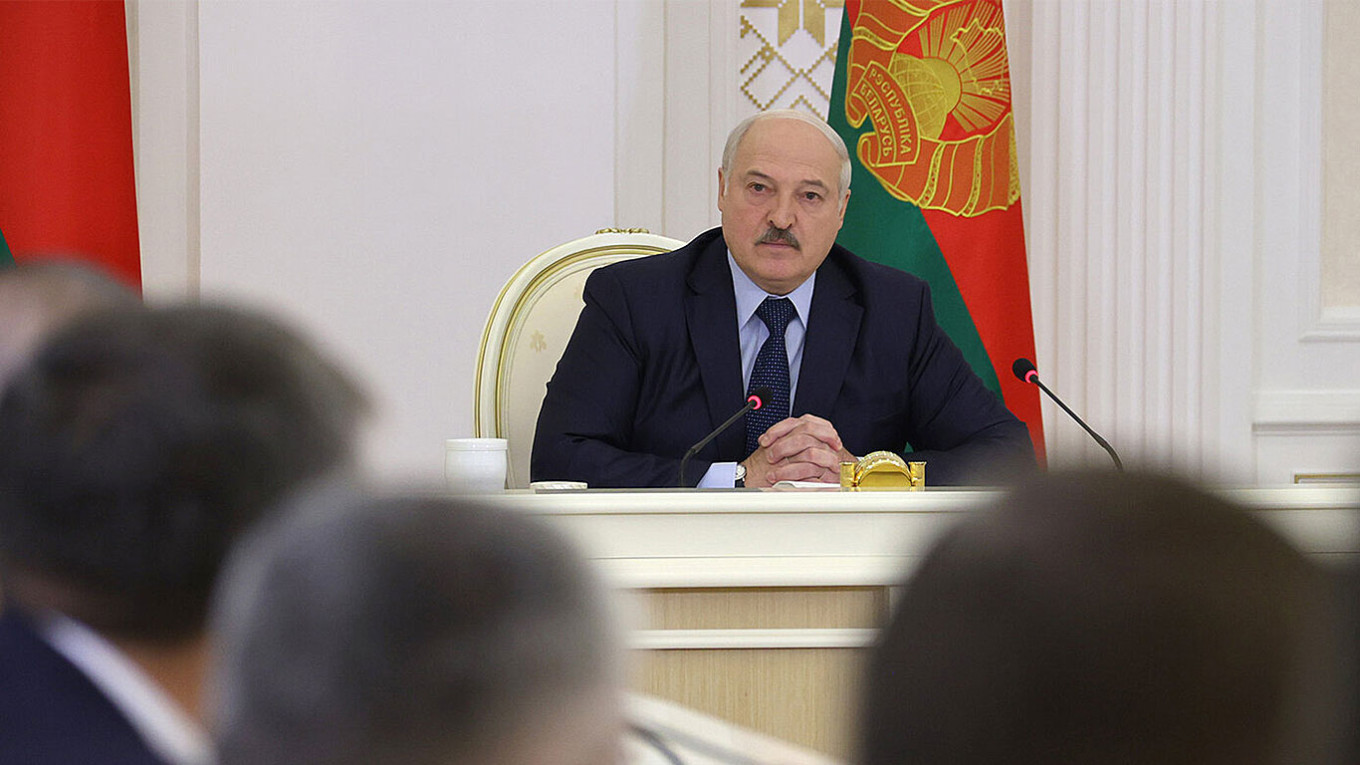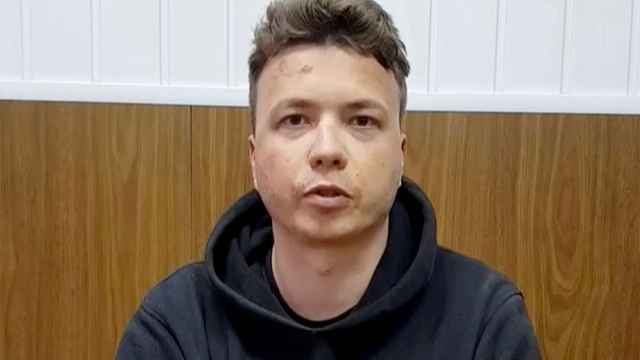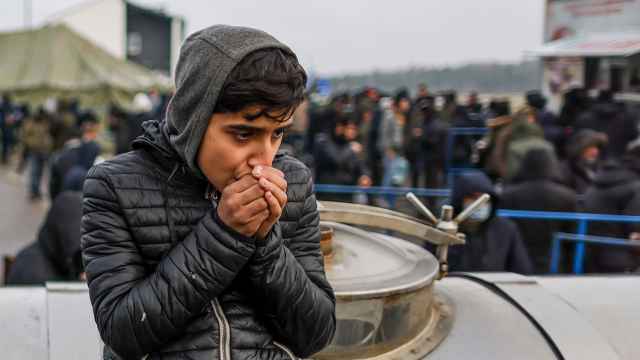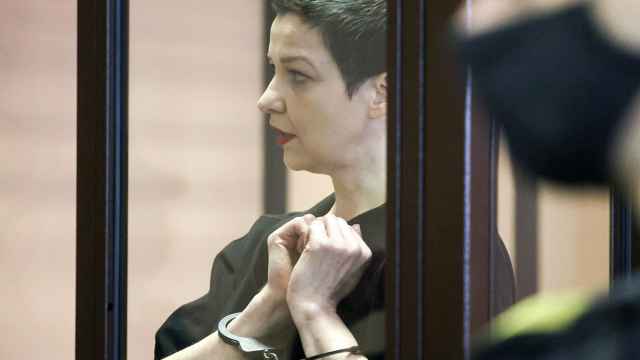Belarus on Tuesday detained at least 24 people, including recently freed political prisoners, Minsk's leading rights group said, warning families of regime critics to be vigilant.
Ruled by President Alexander Lukashenko since 1994, Belarus has for almost four years brutally cracked down on anyone who took part in massive anti-regime protests in 2020.
"There are arrests all over the country," Viasna, a rights group that monitors arrests, said on its website.
"Among them are former political prisoners that have been freed but stayed in Belarus," it added.
Hundreds of thousands fled Belarus, mainly to neighboring Poland but also to Lithuania, since the mass 2020 protests.
Belarus, whose security service is still called the KGB as it was in the Soviet era, has gone after the remaining pockets of dissent still inside the country.
"KGB employees are en masse going to the relatives of political prisoners and former political prisoners," Viasna warned.
It called on the families of those who have denounced the regime to "look out for their safety."
Viasna — founded by jailed Nobel Prize-winning activist Ales Bialiatski — says there are 1,415 political prisoners in Belarus.
The arrests came ahead of a planned meeting between Lukashenko and his Russian counterpart Vladimir Putin this week.
The country's exiled opposition leader, Sviatlana Tsikhanouskaya, warned of "another wave of searches and mass detentions in Belarus."
"The regime's thugs have targeted former political prisoners and the families of those currently held," she said in a post on Twitter.
Protests erupted in Belarus in 2020 after Lukashenko was accused of rigging an election, which the opposition says was actually won by Tsikhanouskaya.
She later fled the country after the regime brutally suppressed the protests.
Her ally — Maria Kalesnikava — chose to stay in Belarus, and tore up her passport during a forced deportation attempt.
She is serving an 11-year sentence and her health is believed to have seriously degraded in prison.
Isolated for years, Belarus has become even more secluded since Lukashenko allowed Moscow to use Belarusian territory to launch its Ukraine offensive.
A Message from The Moscow Times:
Dear readers,
We are facing unprecedented challenges. Russia's Prosecutor General's Office has designated The Moscow Times as an "undesirable" organization, criminalizing our work and putting our staff at risk of prosecution. This follows our earlier unjust labeling as a "foreign agent."
These actions are direct attempts to silence independent journalism in Russia. The authorities claim our work "discredits the decisions of the Russian leadership." We see things differently: we strive to provide accurate, unbiased reporting on Russia.
We, the journalists of The Moscow Times, refuse to be silenced. But to continue our work, we need your help.
Your support, no matter how small, makes a world of difference. If you can, please support us monthly starting from just $2. It's quick to set up, and every contribution makes a significant impact.
By supporting The Moscow Times, you're defending open, independent journalism in the face of repression. Thank you for standing with us.
Remind me later.






